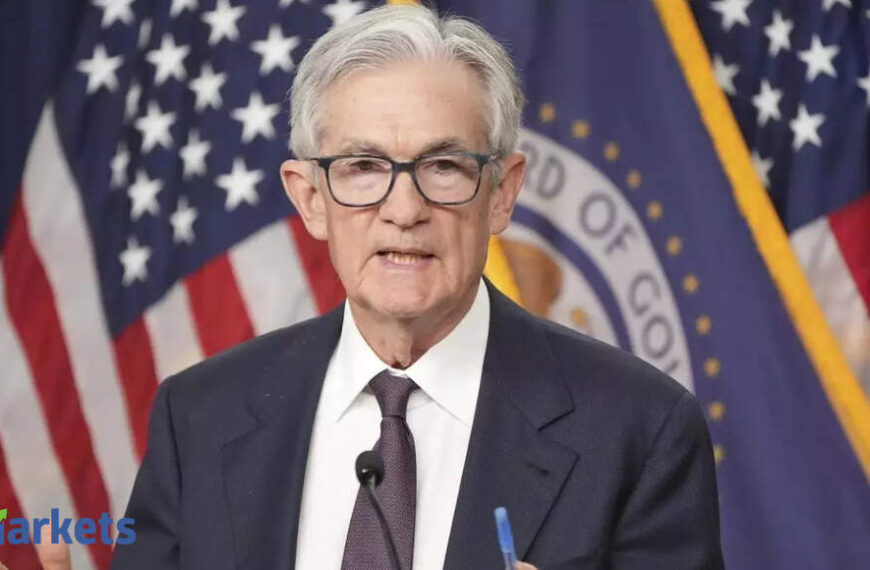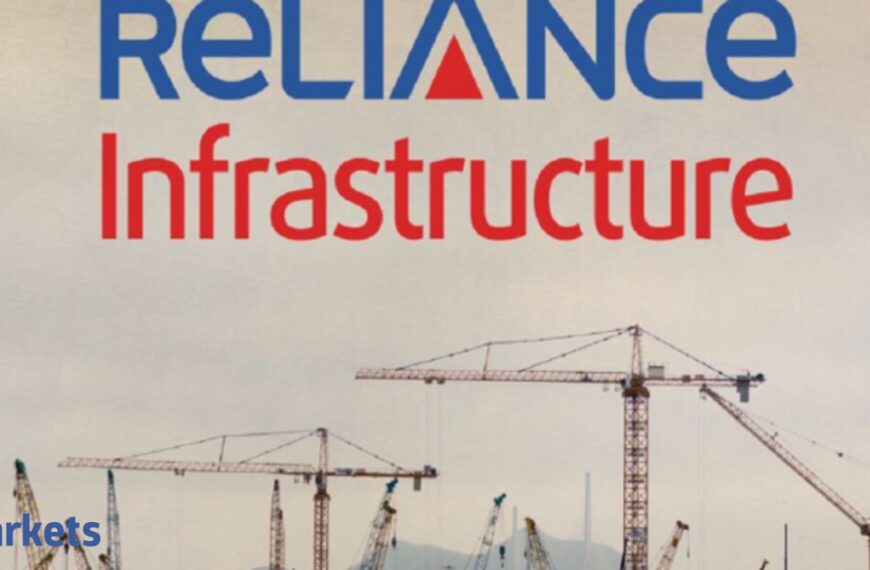Kamath said Zerodha has enough capital to execute its growth plans independently. “We continue to believe there’s no reason to IPO. Being listed on exchanges is tough for a company like us,” he said, making it clear that the firm will remain privately held for the foreseeable future.
Kamath admitted that the broking business is likely to witness a 10–20 percent decline in the near term, attributing the weakness to slower market activity in Q1 FY26. However, he maintained that the company remains confident of achieving Rs 10,000 crore in revenue by the end of FY26, without increasing its brokerage rates.
Despite the expected dip in trading volumes, Kamath said Zerodha is well-positioned due to its consistent profitability and financial strength. The company reported a 62% jump in profit to Rs 4,700 crore in FY24, while revenue rose 21% to Rs 8,320 crore. Additionally, Zerodha holds Rs 1,000 crore in unrealised gains, further strengthening its balance sheet.
“Given the profitability of the last three years, our net worth is almost 40% of the customer funds that we manage. It makes us one of the safest brokers to trade with,” Kamath said.
Looking ahead, Kamath reaffirmed the company’s broader ambition to evolve into a diversified financial services powerhouse. Over the next decade, Zerodha aims to transition into a full-fledged financial conglomerate, and the roadmap includes eventual entry into banking, pending a regulatory nod for a banking licence.Zerodha, which revolutionised retail investing in India through its discount broking model, is now the country’s second-largest stock broker by active client base. The company continues to maintain a lean, profitable, and conservative approach to growth, with a clear preference for independence over public listing.(Disclaimer: Recommendations, suggestions, views and opinions given by the experts are their own. These do not represent the views of the Economic Times)















